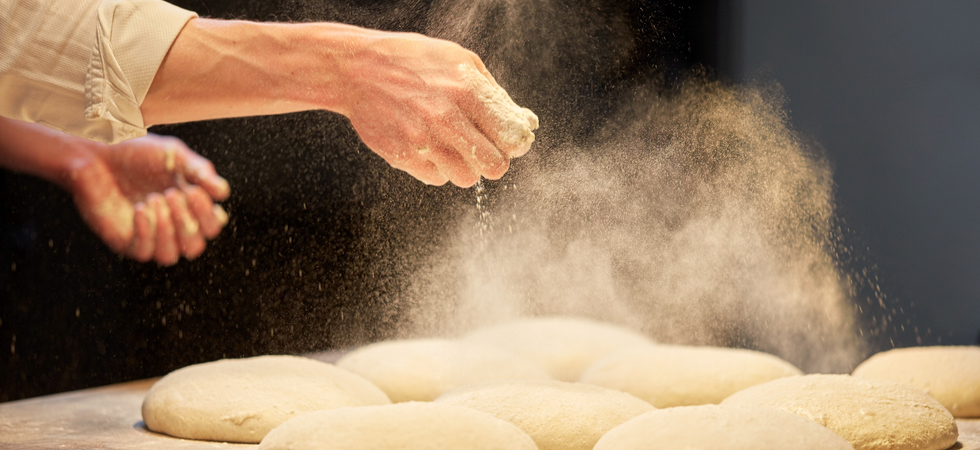Scottish Bakers, which supports the bakery trade throughout Scotland, has written to Holyrood and Westminster politicians to ask for financial support for businesses affected by rising production costs.
In his letter, chief executive officer Alasdair Smith said that “the current economic crisis” is the biggest that Scotland has seen in nearly 50 years and is placing “unprecedented strain” on the Scottish baking industry.
He said: “Many of our members report an existential threat to their survival due to soaring input costs and widespread recruitment challenges.
“Throughout the darkest days of the pandemic, our members worked hard to keep baking, recognising the vital role they have in Scotland’s food chain. Many businesses went above and beyond by ensuring deliveries of products went to those most vulnerable in our communities or those on the front line helping to protect and treat us.”
Smith went onto say that the early signs of rising input costs began to become evident over a year ago. He added: “Nothing prepared our members for the widespread, and dramatic, increases they all face today.”
According to Scottish Bakers, the average increases across all major input costs are as follows:
- Electricity – 214%
- Gas – 207%
- General Insurance – 83%
- Ingredients – 41%
- Motor Fuel – 44%
He continued: “Furthermore, the latest intelligence on energy pricing for businesses seeking new supply contracts paints an even starker picture than the above figures suggest.” Smith added that he had spoken with several members in the last week facing “an imminent quadrupling” of their electricity costs.
Recruitment is another key issue for the sector at the moment. Research by Scottish Bakers suggests more than 90% of members have vacancies they cannot fill, increasing pressure on production and the workforce that remains.
Wider issues of supply from basic commodities to packaging materials has added to the burden of challenges.
Suggested solutions
Smith said that urgent action is essential to maintain the current capacity of Scotland’s baking industry. Measures that Scottish Bakers suggest could help alleviate pressures on businesses include:
- Energy price cap for commercial energy customers.
- Enabling existing users of diesel-fuelled bakery ovens to once more take advantage of “red” diesel fuel.
- Change immigration policy to allow employment of EU bakery workers to address the workforce gap.
- Reintroduce reduction in VAT payable by businesses providing hot and cold food and drink for consumption either on or off the premises.
- Introduce rates relief for manufacturing business sites.
- Generous grants to install on-site “green” generation capacity – e.g. for solar panels.
- Delay introducing costly regulation: e.g. – DRS, Mandatory Calorie Labelling, Restriction of promotions.
Concluding his letter to the government, Smith said: “I urge the UK government at Westminster to find a way forward to ensure our member’s ovens stay firmly switched on.”









